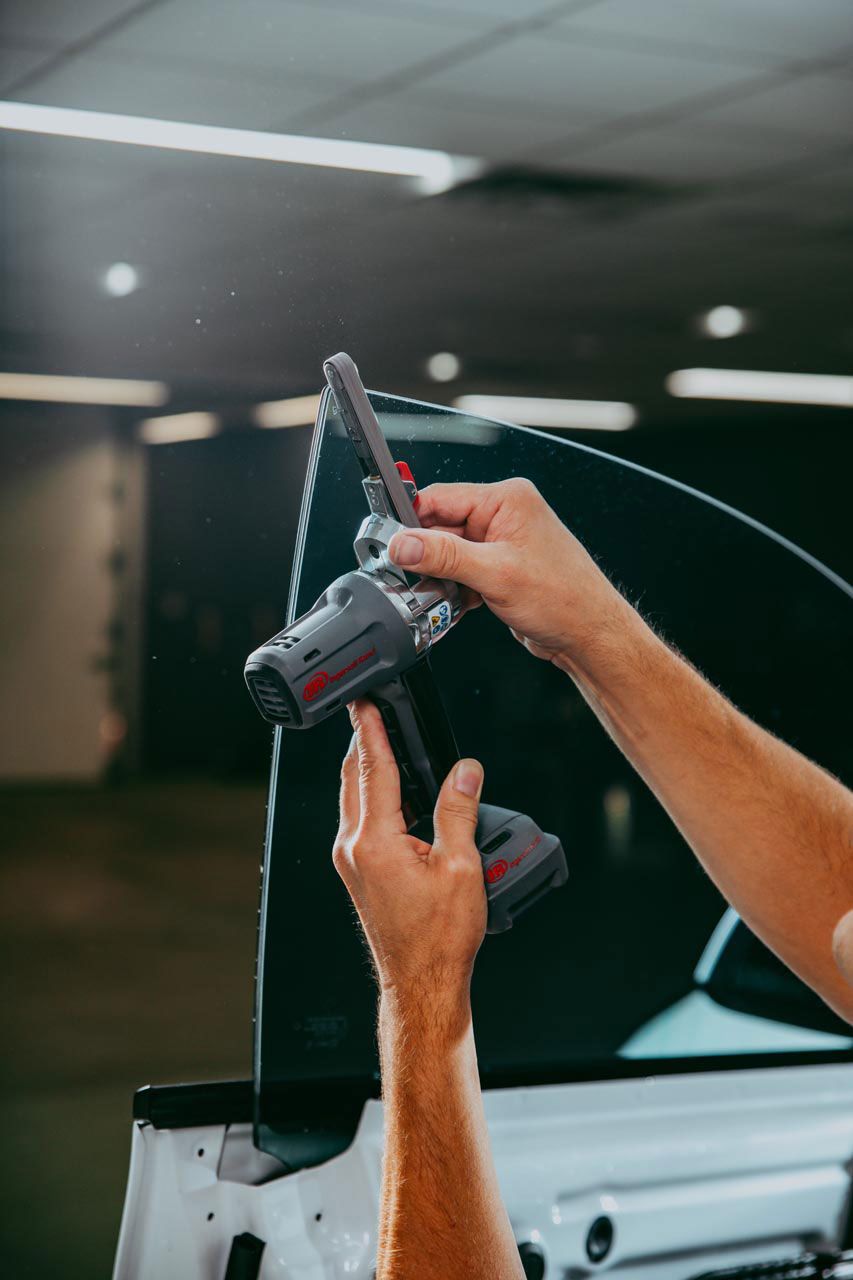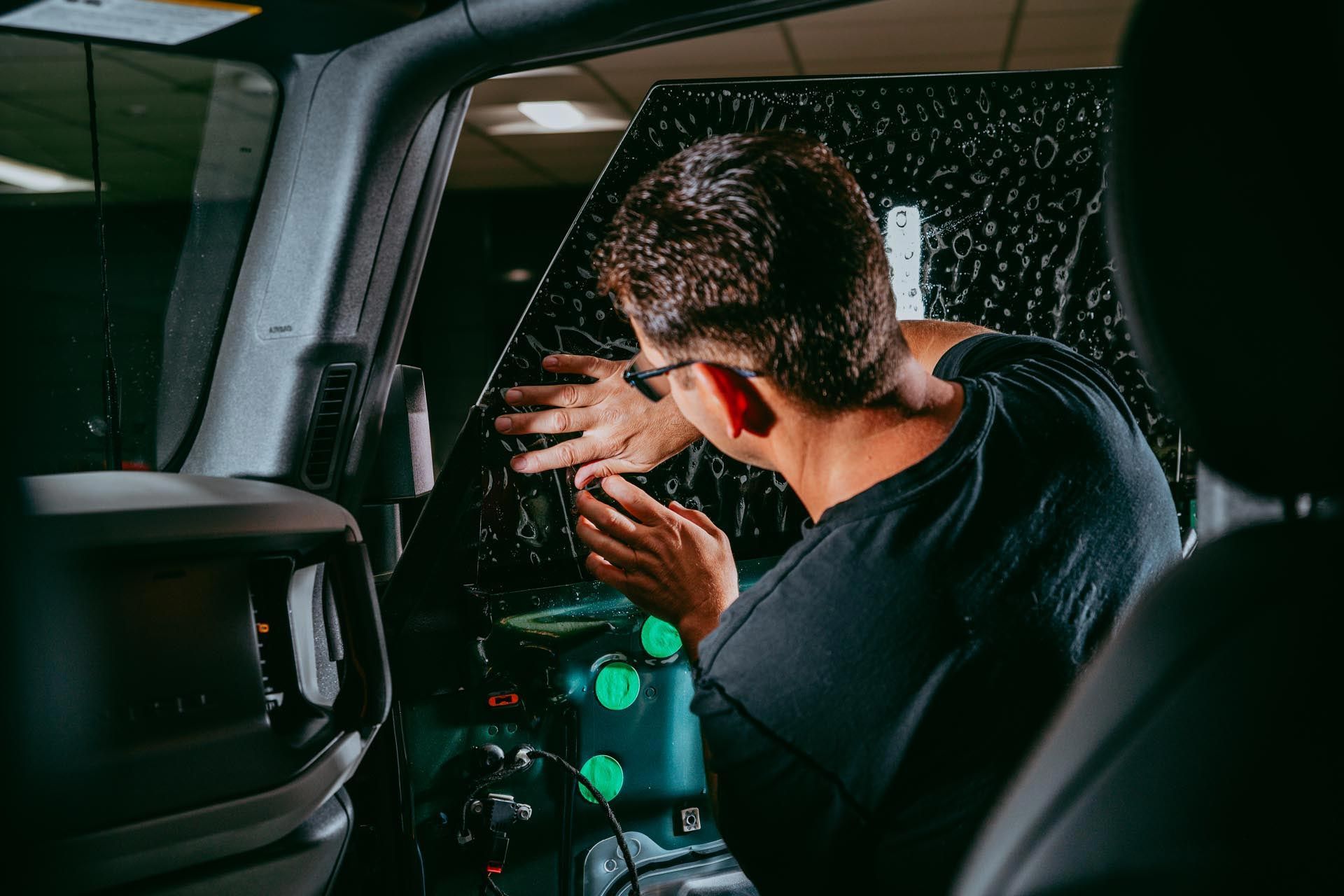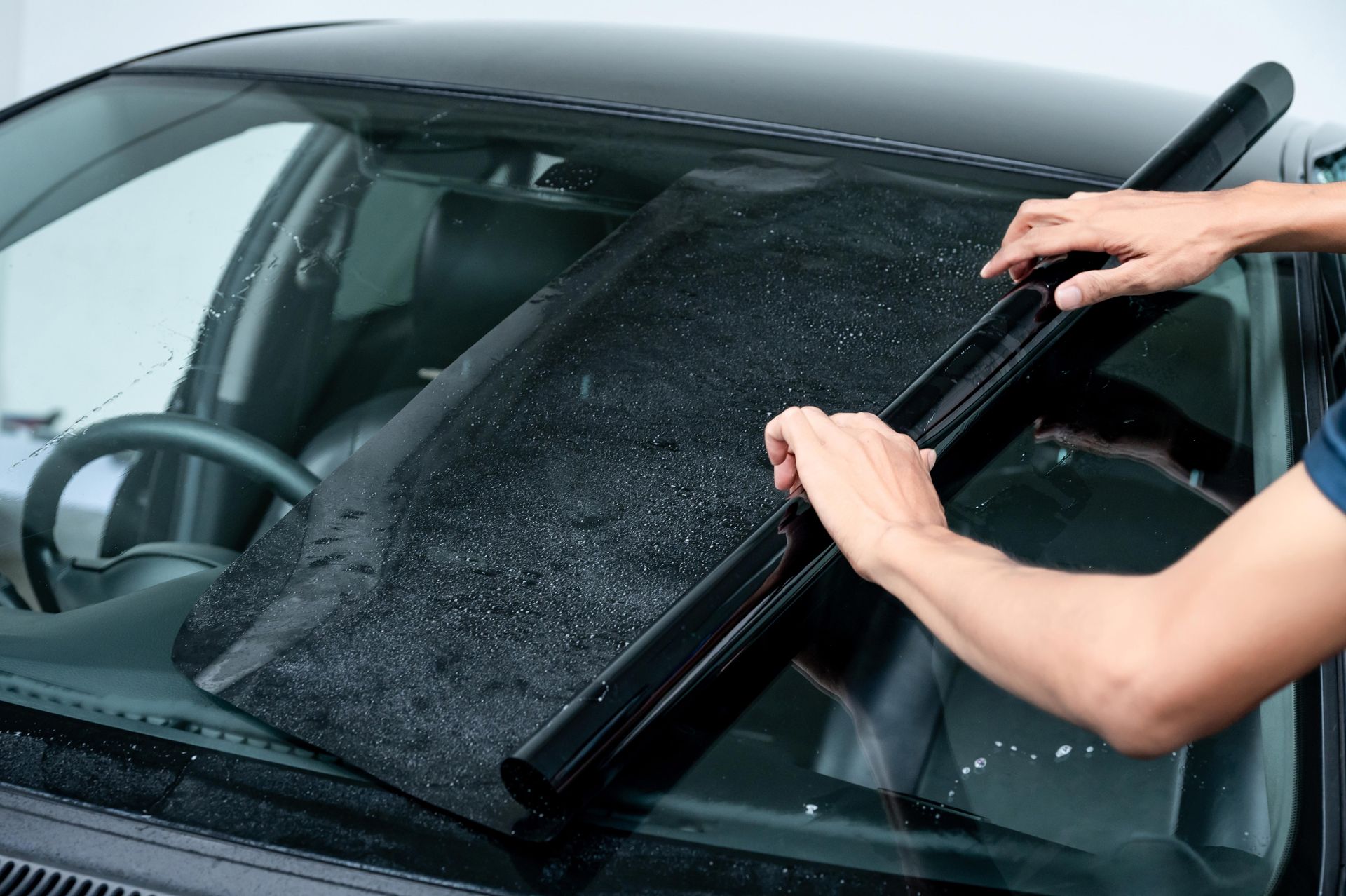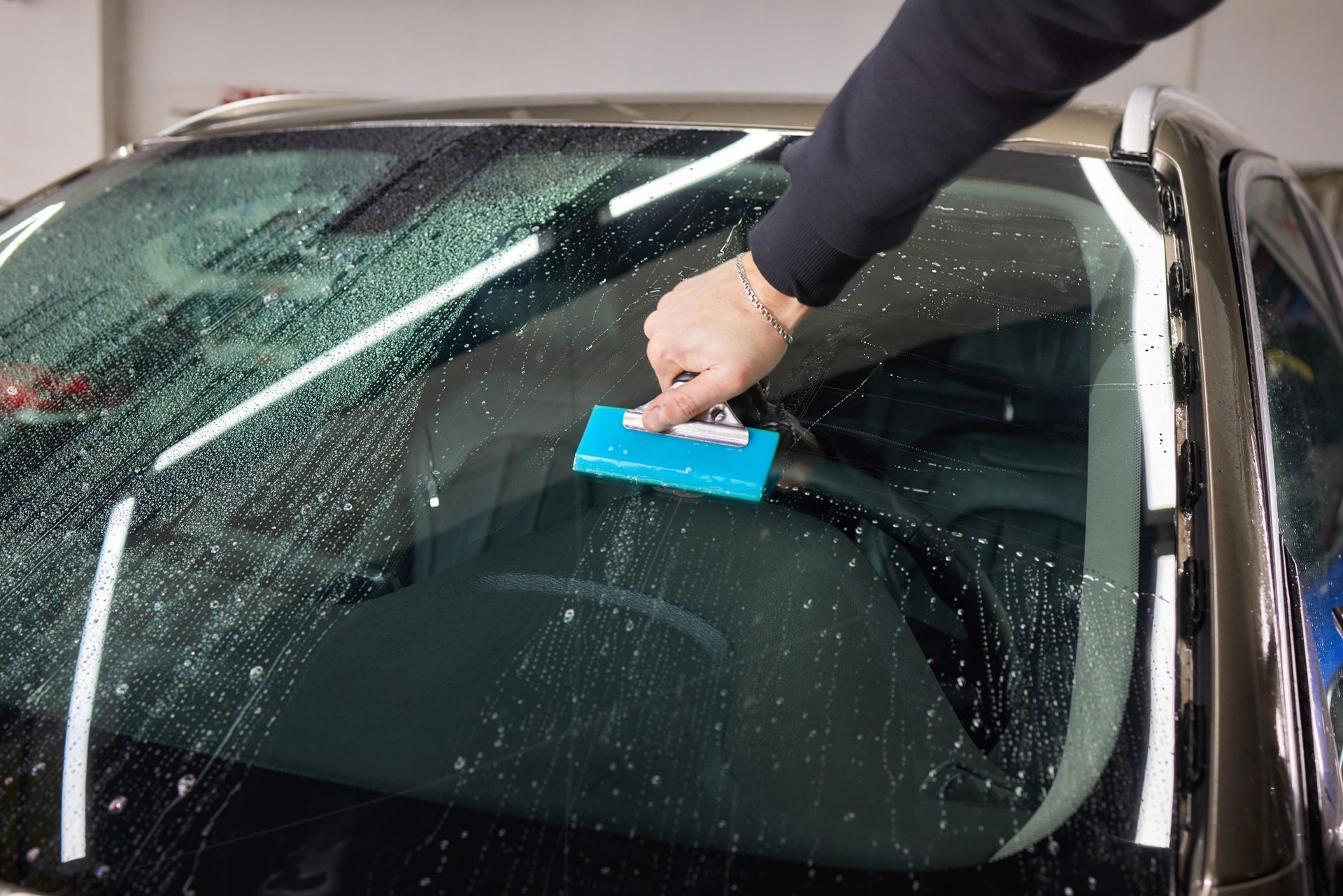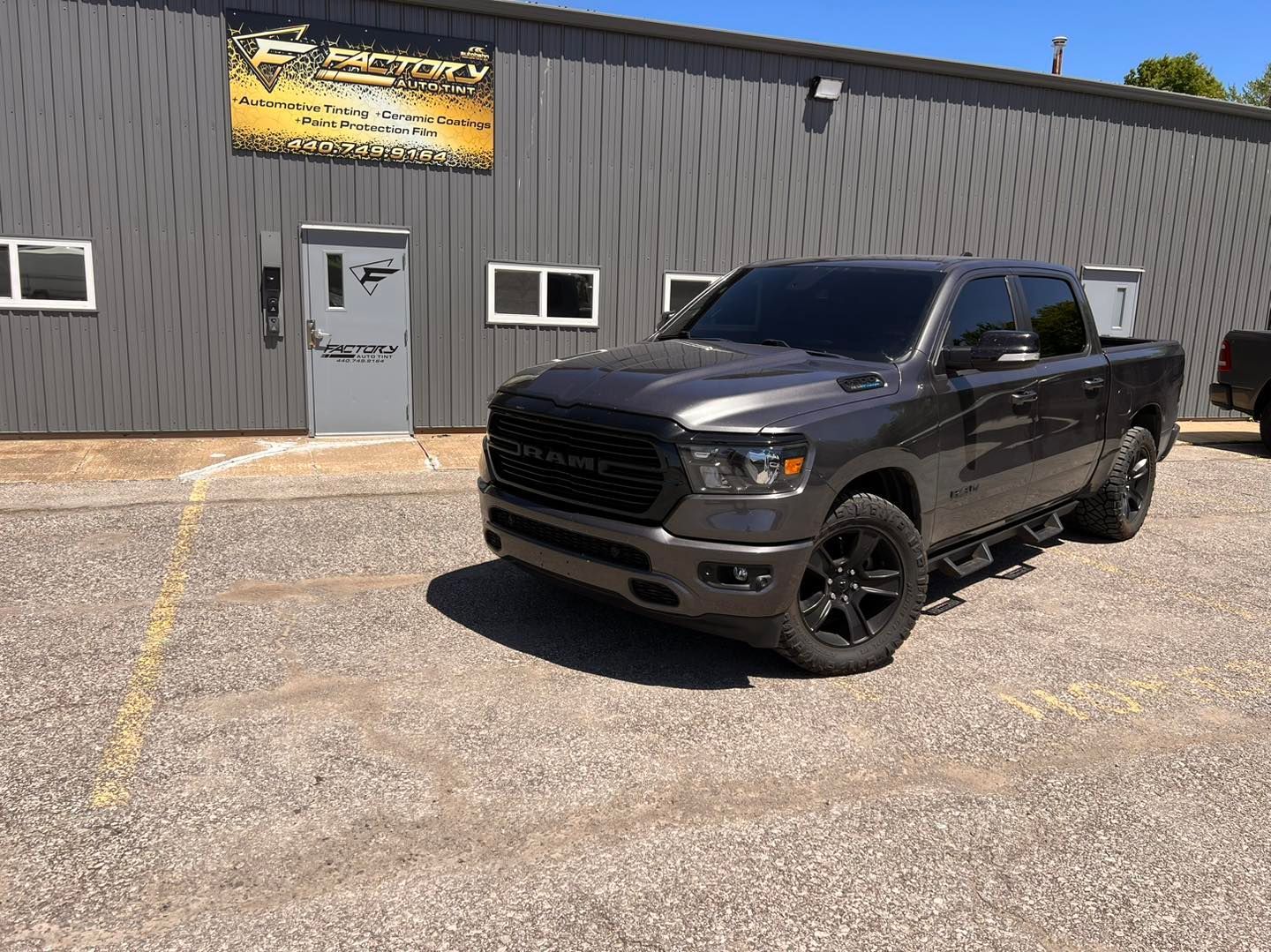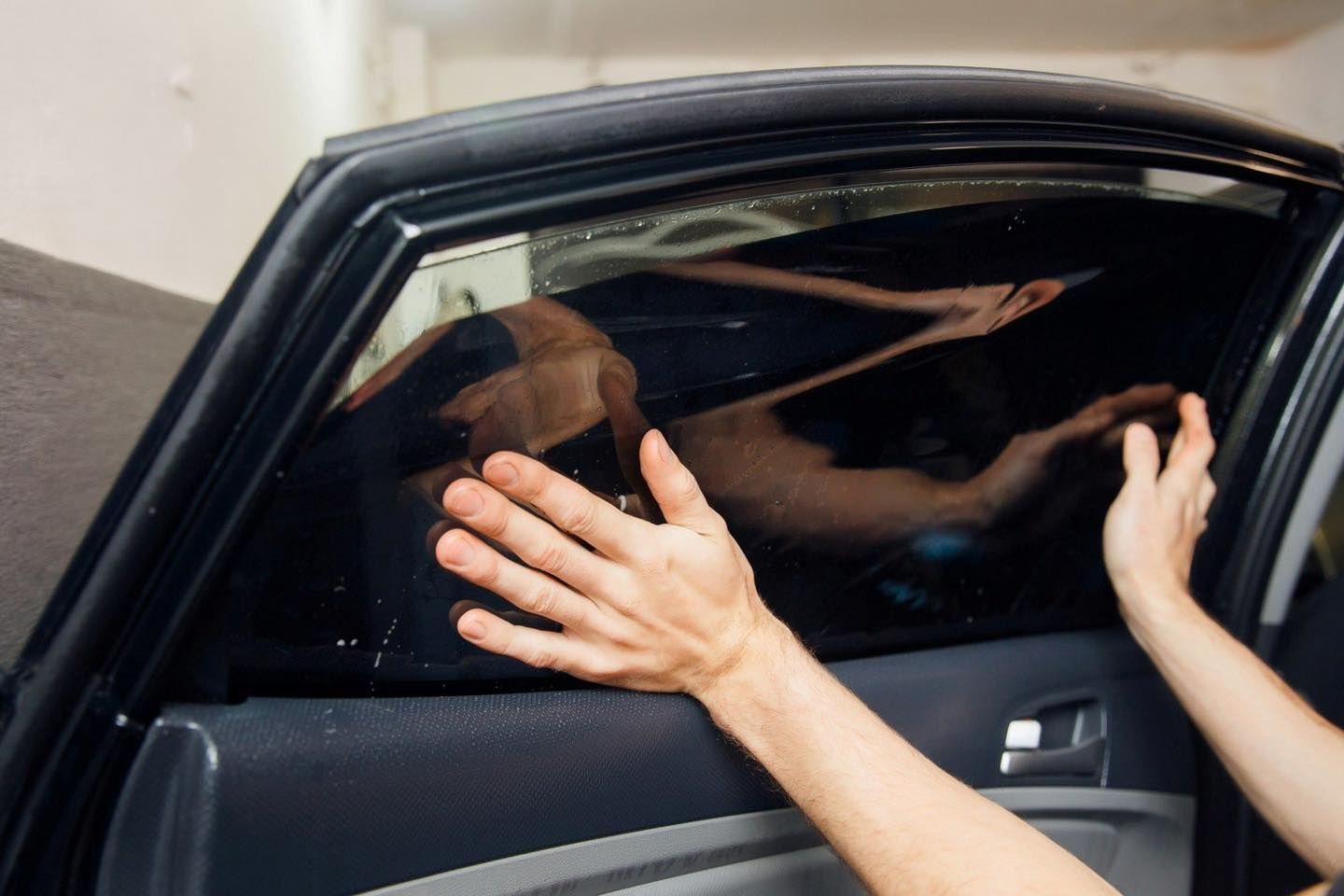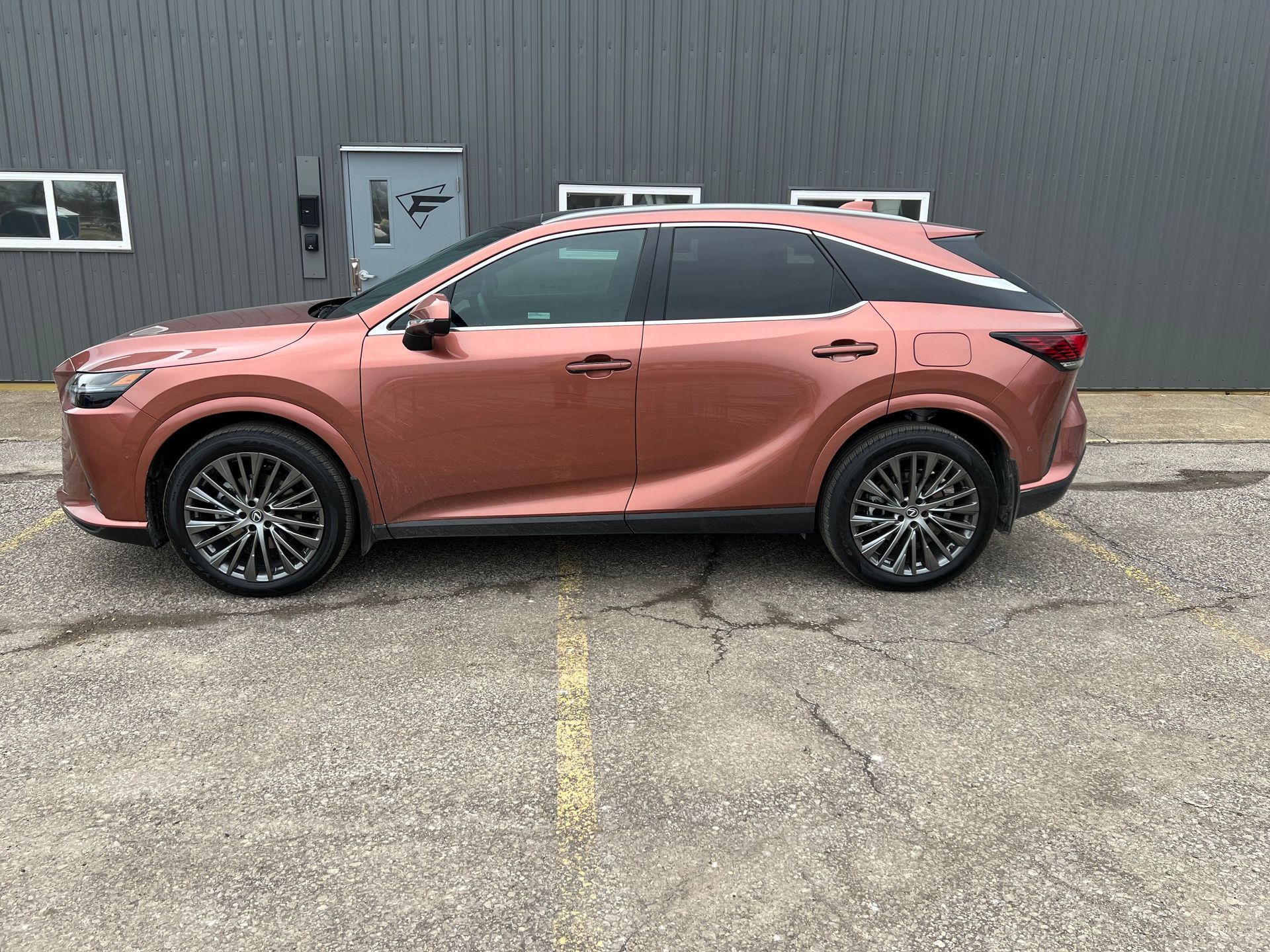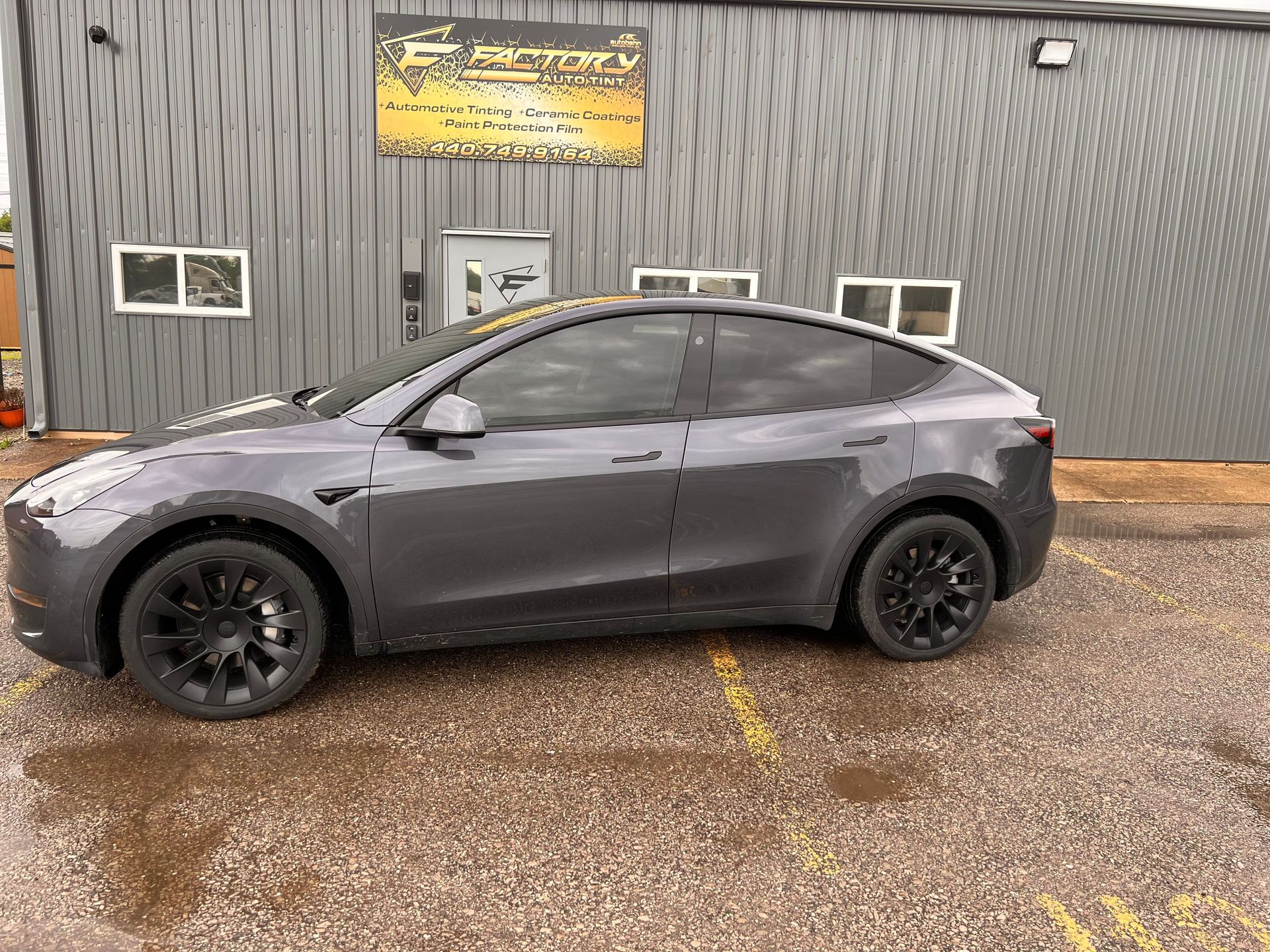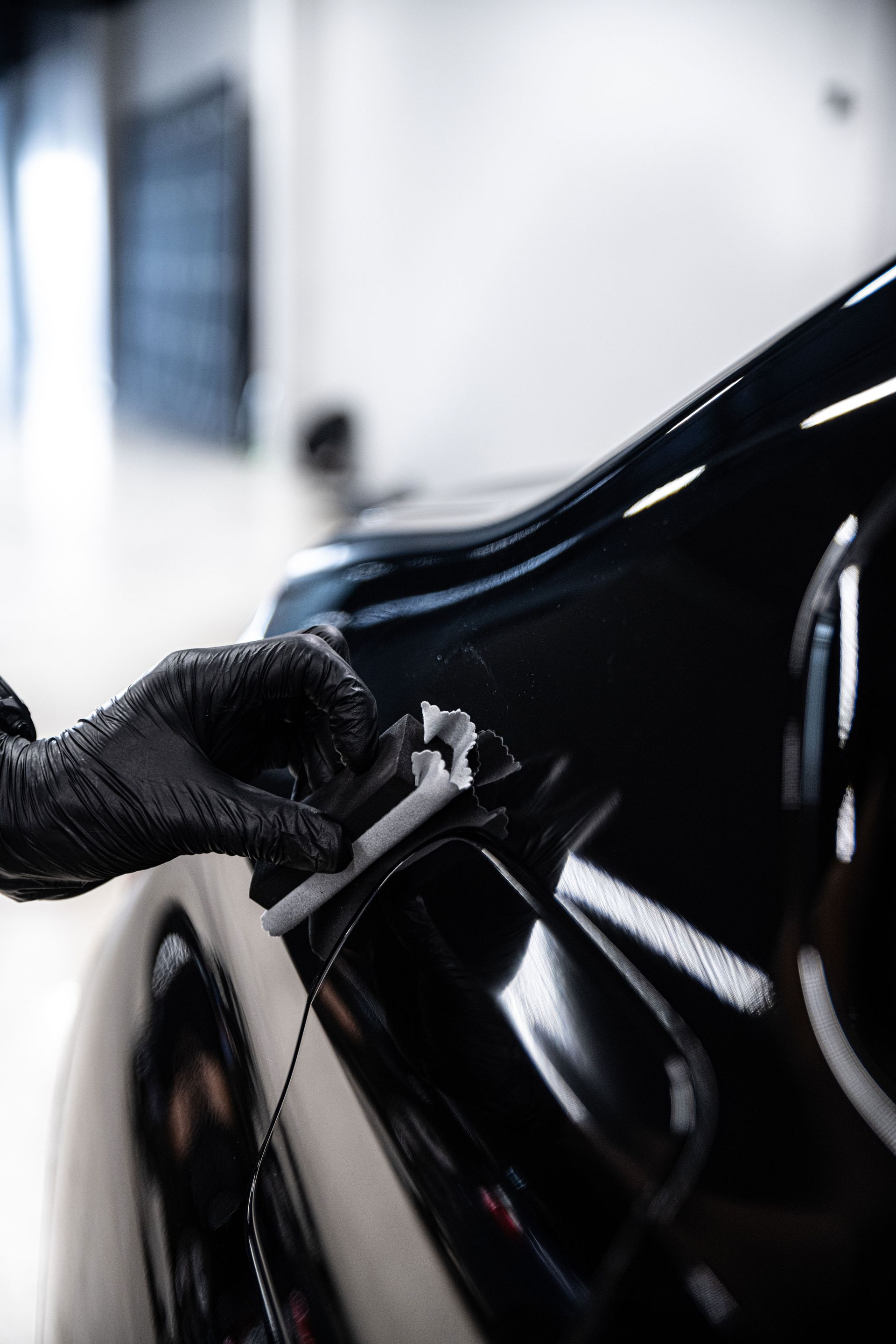Is Auto Window Tinting Legal? Understanding State Regulations and Guidelines
BOOK TODAYCALL (440) 749-9164
Auto window tinting is a popular vehicle enhancement that offers privacy, style, and protection from the sun's harsh rays. However, before you invest in window film for your vehicle, it's crucial to understand that this modification comes with specific legal regulations that vary significantly from state to state. What's legal in one state might result in a fine in another, making it essential to know your local laws before making any decisions.
Understanding State Window Tinting Laws
Window tinting regulations are complex and vary dramatically across the United States. Each state has established its own rules regarding how much light must pass through your vehicle's windows, measured as Visible Light Transmission (VLT) percentage. For example, some states require front side windows to allow at least 70% of light to pass through, while others may permit darker tints down to 50% or even lower. Rear windows and back windshields often have more lenient requirements, with some states allowing any level of tint darkness. The differences between states can be striking. While one state might allow relatively dark tints on front windows, a neighboring state could have much stricter requirements. This variation reflects different regional attitudes toward privacy, sun protection needs, and safety concerns.
Key Factors That Influence State Laws
Several factors influence how states regulate window tinting:
- Climate Considerations: States with intense sunlight and high temperatures often allow darker tints to help drivers stay comfortable and protect vehicle interiors from UV damage.
- Safety Priorities: Some states prioritize visibility for law enforcement and general road safety, leading to stricter light transmission requirements.
- Cultural Preferences: Regional attitudes toward privacy and vehicle customization also play a role in shaping local regulations.
The Significant Benefits of Professional Window Tinting
Window tinting offers numerous advantages that go beyond just improving your vehicle's appearance. Understanding these benefits can help you appreciate why so many vehicle owners choose to invest in quality window film.
UV Protection and Health Benefits
Quality window film blocks up to 99% of harmful ultraviolet rays from the sun. This protection is particularly important for people who spend considerable time driving or have extended commutes. By reducing UV exposure, window tinting helps protect your skin from potential damage while also preserving your vehicle's interior from fading and deterioration. The health benefits extend to reducing eye strain and fatigue during long drives, especially in bright conditions. This enhanced comfort can make your daily commute or road trips more enjoyable and less tiring.
Temperature Control and Energy Savings
Professional window tinting can reduce interior temperatures by up to 60%, creating a more comfortable driving environment. This cooling effect means less reliance on air conditioning, which can improve fuel efficiency and reduce wear on your vehicle's climate control system. The temperature reduction is particularly noticeable during hot summer months when vehicles can become uncomfortably warm. With quality window film, you'll step into a cooler vehicle and won't need to blast the air conditioning immediately upon starting your car.
Privacy and Security Enhancement
Tinted windows provide valuable privacy by making it difficult for outsiders to see into your vehicle. This added privacy can deter potential theft by concealing valuable items left in your car. Whether you're parked at work, shopping, or traveling, tinted windows help keep your belongings out of sight from curious eyes. The security aspect extends beyond just hiding valuables. Tinted windows can also provide a sense of personal privacy during your daily travels, allowing you to feel more comfortable and secure inside your vehicle.
Interior Protection
Window film helps protect your vehicle's interior from sun damage, including fading of upholstery, dashboard cracking, and deterioration of plastic components. This protection helps maintain your vehicle's appearance and can preserve its resale value over time. The preservation of interior components is particularly important for newer vehicles where maintaining that fresh, new appearance is a priority. Quality window film acts as a barrier against the sun's damaging effects while still allowing you to enjoy natural light.
Medical Exemptions and Special Permits
Many states recognize that certain medical conditions may require enhanced sun protection beyond standard tinting limits. Conditions such as lupus, severe photosensitivity, or certain skin disorders may qualify individuals for medical exemptions that allow darker tints than normally permitted.
Obtaining Medical Exemptions
The process for obtaining a medical exemption varies by state but typically requires:
- Documentation from a licensed physician explaining the medical necessity
- Completion of state-specific application forms
- Payment of applicable fees
- Compliance with any ongoing documentation requirements
It's important to note that medical exemptions are not automatically granted and require proper medical justification. The application process can be detailed, and requirements vary significantly between states.
Carrying Proper Documentation
If you qualify for a medical exemption, you'll typically need to carry documentation proving your exemption status while driving. This paperwork serves as proof of compliance during traffic stops and helps avoid unnecessary citations.
Safety Considerations with Window Tinting
While window tinting offers many benefits, it's important to consider safety implications, particularly regarding visibility. Excessively dark tints can reduce visibility, especially during nighttime driving or in low-light conditions.
Balancing Protection and Visibility
Modern window films are designed to provide excellent heat and UV protection while maintaining adequate visibility. The key is finding the right balance between the protection you need and the visibility required for safe driving. Quality window films can offer significant benefits without compromising safety when installed within legal limits. Professional installers can help you choose films that maximize protection while ensuring compliance with local regulations.
Nighttime Driving Considerations
Darker tints can make nighttime driving more challenging by reducing the amount of available light. This is particularly important to consider if you frequently drive in low-light conditions or have vision concerns. When selecting window film, consider your typical driving patterns and choose a tint level that provides the benefits you want without compromising your ability to see clearly in all conditions.
This is paragraph text. Click it or hit the Manage Text button to change the font, color, size, format, and more. To set up site-wide paragraph and title styles, go to Site Theme.

